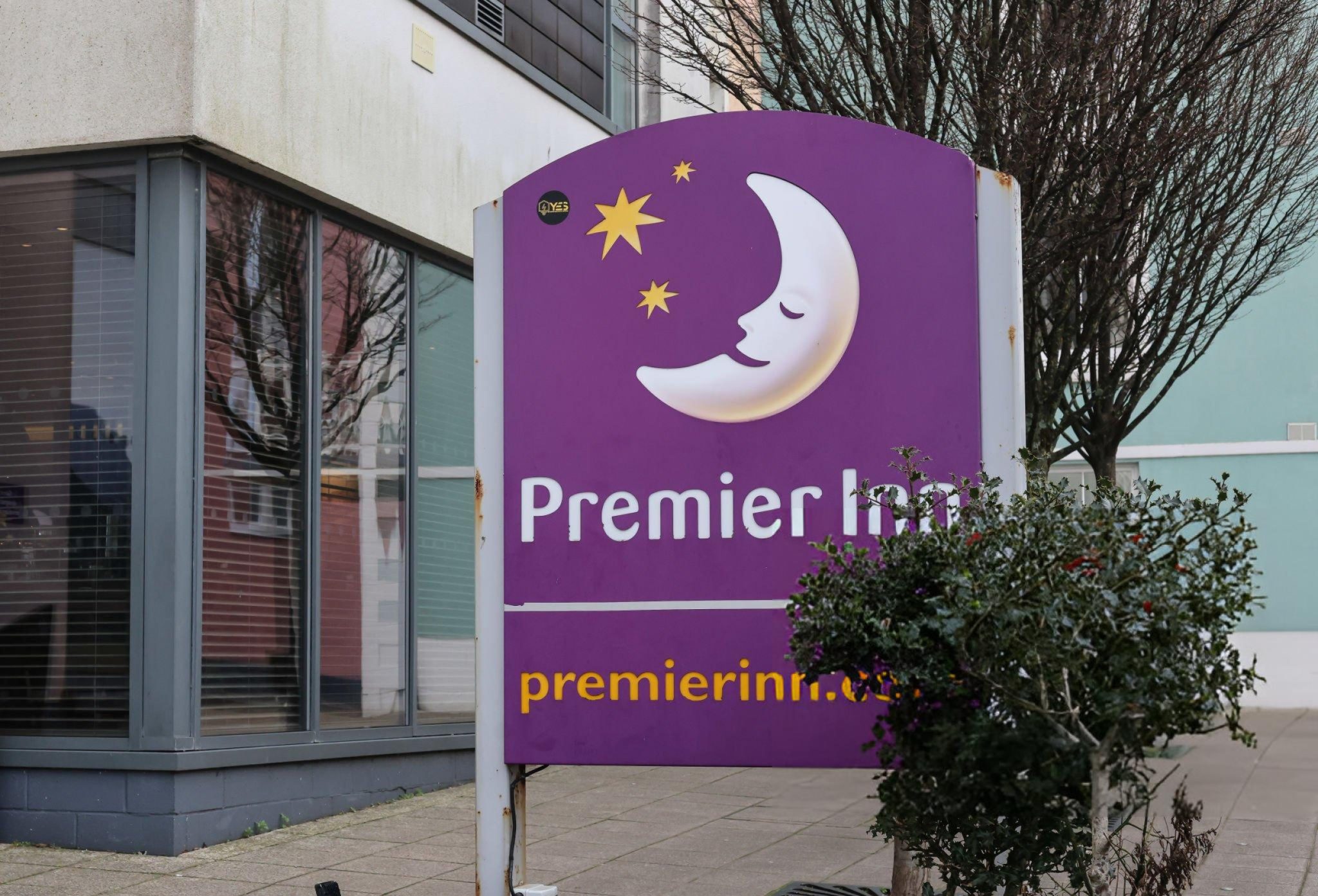Premier Inn owner reports 14% drop in annual profits as market pressures and strategic overhaul take their toll
Whitbread, the hospitality giant behind Premier Inn and Beefeater, has reported a 14% decline in adjusted pre-tax profits, blaming the drop on a combination of restaurant closures and weakened domestic demand for hotel rooms.
For the financial year ending February, the company told shareholders that adjusted pre-tax profits fell to £483 million, down from the previous year’s figure. The company attributed this decline in part to higher operating costs and its ongoing transformation strategy, dubbed “Accelerating Growth”.
Launched in April last year, the £500 million programme has involved a major shake-up of Whitbread’s food and beverage offering. The plan saw 112 branded restaurants converted into new formats while a further 126 sites were sold off. This restructuring aims to free up space and resources for hotel expansion, with Whitbread targeting an additional 3,500 Premier Inn rooms to reach a total of 97,000.
Chief executive Dominic Paul said the plan is “progressing well” in the UK and Ireland, and described it as key to unlocking long-term profitability. “Having laid the foundations for significant growth, we are executing at pace and making excellent progress on our strategic initiatives, against what has been a softer market backdrop over the past year,” he said.
However, the closures have led to a notable short-term hit, particularly to food and beverage performance. Sales in this division dropped 11% year-on-year in the UK, with the loss of dinner trade from closed restaurants outweighing robust breakfast figures from hotel guests. This slump in food and drink contributed to a 1% decline in total group revenue, which fell to £2.92 billion.
In the hotel segment, Premier Inn’s UK business experienced a 2% fall in revenue per available room (RevPAR), as the company cited “softer UK market demand” and pressure on consumer spending due to the ongoing cost-of-living crisis. Despite the drop in RevPAR, Whitbread pushed forward with expansion, opening another 1,075 hotel rooms during the year.
“By focusing on what we can control, our five-year plan is on track to deliver a step-change in our profits, margins and returns, and we remain positive about the medium-term outlook,” Paul added.
Analysts were broadly positive in their assessment of the results. Derren Nathan, head of equity research at Hargreaves Lansdown, noted that the final figures came in slightly above expectations. “Investors in Premier Inn owner Whitbread won’t be losing too much sleep over today’s final results,” he said.
“It’s tough out there for hoteliers but the UK’s largest hotel brand is continuing to outperform the competition. Domestic room openings offset a small drop in occupancy and room rates, but it takes time for new beds to match the profitability of the existing estate.”
Shares in Whitbread rose 4% in early trading on Wednesday, suggesting confidence in the company’s long-term vision remains intact despite recent pressures. Investors appear reassured by the group’s continued commitment to growth and its dominant market position in the UK hospitality sector.
As the company continues to reshape its business, much will depend on its ability to drive growth in room capacity while mitigating losses from its scaled-back restaurant operations. With economic headwinds persisting, Whitbread’s performance over the coming year is likely to hinge on the resilience of UK consumer spending and the success of its expansion strategy.






